★★
“Largely unable to get out the vote.”
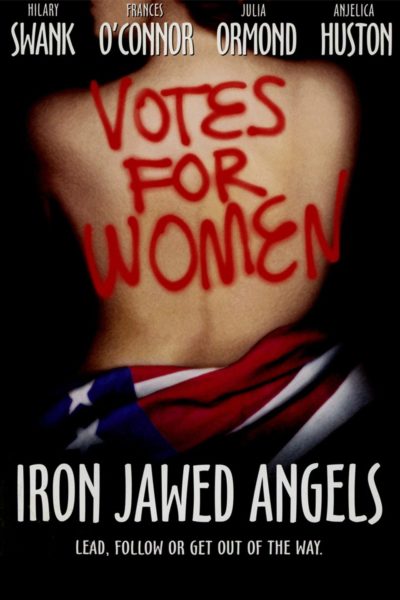 There’s a fascinating story to be told about the struggle by American women to get the vote. Unfortunately, this isn’t it. Rather than being content to tell the story of the battle and those who fought in it, von Garnier (a German director who gave us Bandits) seems to want to force these women from the 1910’s into modern feminist configurations. This position is set out particularly clearly in a deliberately anachronistic soundtrack, which at times makes the story feel more like Hamilton. And to be clear, that’s not a good thing. The focus is campaigner Alice Paul (Swank), beginning in 1912 when she returns from England, her passions set on fire by the work there of Emmeline Pankhurst, as documented in the rather better Suffragette.
There’s a fascinating story to be told about the struggle by American women to get the vote. Unfortunately, this isn’t it. Rather than being content to tell the story of the battle and those who fought in it, von Garnier (a German director who gave us Bandits) seems to want to force these women from the 1910’s into modern feminist configurations. This position is set out particularly clearly in a deliberately anachronistic soundtrack, which at times makes the story feel more like Hamilton. And to be clear, that’s not a good thing. The focus is campaigner Alice Paul (Swank), beginning in 1912 when she returns from England, her passions set on fire by the work there of Emmeline Pankhurst, as documented in the rather better Suffragette.
Alice initially seeks to work with the leading American group, the National American Woman’s Suffrage Association, led by Carrie Chapman Catt (Huston), only to find their methods not radical enough for her tastes. This eventually causes her to form her own group, and begin protesting against President Woodrow Wilson, including a daily picket of the White House. Matters come to a head after the United States enters World War I, with such protests being seen as unpatriotic. This leads to Paul and other women being arrested on dubious charges, and after beginning a hunger strike in protest, the women are force-fed. Eventually, Wilson is convinced to support their cause, with the 19th Amendment, giving women the right to vote, being passed in 1920.
My main problem is that Paul never feels an authentic character. She comes over more like a 21st century woman transplanted to the time, which as result, makes her story feel almost like a bad episode from the current incarnation of Doctor Who. It chooses to manipulate history purely for dramatic purposes, such as shoehorning in a romantic relationship with a newspaper cartoonist. Yet for all the obviously liberal credentials inherent in the story, according to the film, only one black woman supported the suffrage movement – and just for a minute or two, before exiting the film. Awkward, that.
Despite the above, and the film in general being a stylistic mess, you’d have to try particularly hard to screw up the underlying story, which is generally an empowering and rousing one. You’d have to be a colder heart than I, not to feel aggrieved by the treatment Paul and the other women suffer in pursuit of their cause, and the film does manage to do these elements justice, simply by reining back in the attempts to jazz things up. I was amused (and slightly pleased) by the disdain of NAWSA towards their bomb-flinging sisters across the Atlantic, who were rather keener on direct action. Though the main moment which amazed me was the scene where President Wilson walked out of the front gate of the White House, tipping his hat to the protestors as he passed them. Truly a different era.
Dir: Katja von Garnier
Star: Hilary Swank, Frances O’Connor, Julia Ormond, Anjelica Huston





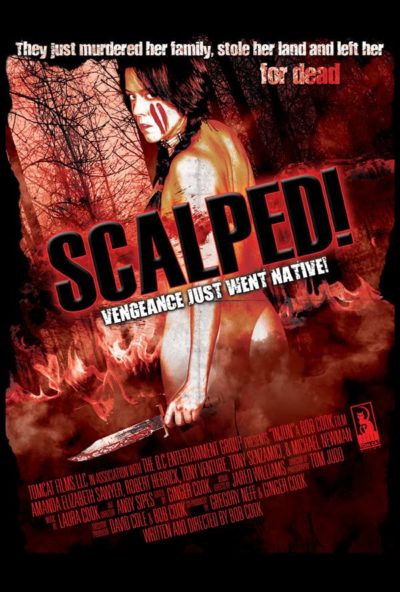 I never thought I’d find a film which would leave me yearning for the subtle and understated pleasures of the original I Spit on Your Grave, but here we are. 35 years on, and this cringeworthy copy was made, transplanting events to the old West. A further decade later: with a couple of re-titlings which jostle each other for inappropriateness, it’s out on number of free movie streaming platforms. I’m here to tell you, not to bother. Even in the low-rent neighbourhood which is rape-revenge movies, you could close your eyes, pick a random entry, and be almost guaranteed to find something with a better script and general execution.
I never thought I’d find a film which would leave me yearning for the subtle and understated pleasures of the original I Spit on Your Grave, but here we are. 35 years on, and this cringeworthy copy was made, transplanting events to the old West. A further decade later: with a couple of re-titlings which jostle each other for inappropriateness, it’s out on number of free movie streaming platforms. I’m here to tell you, not to bother. Even in the low-rent neighbourhood which is rape-revenge movies, you could close your eyes, pick a random entry, and be almost guaranteed to find something with a better script and general execution.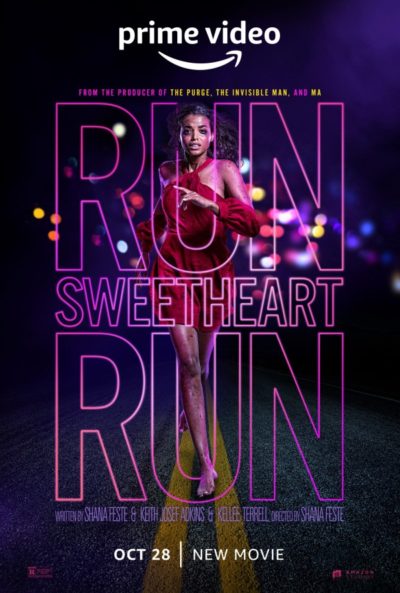 If I were Ella Balinska, I’d be having a word with my agent. After seeing her major Hollywood career begin with the embarrassing failure of the
If I were Ella Balinska, I’d be having a word with my agent. After seeing her major Hollywood career begin with the embarrassing failure of the 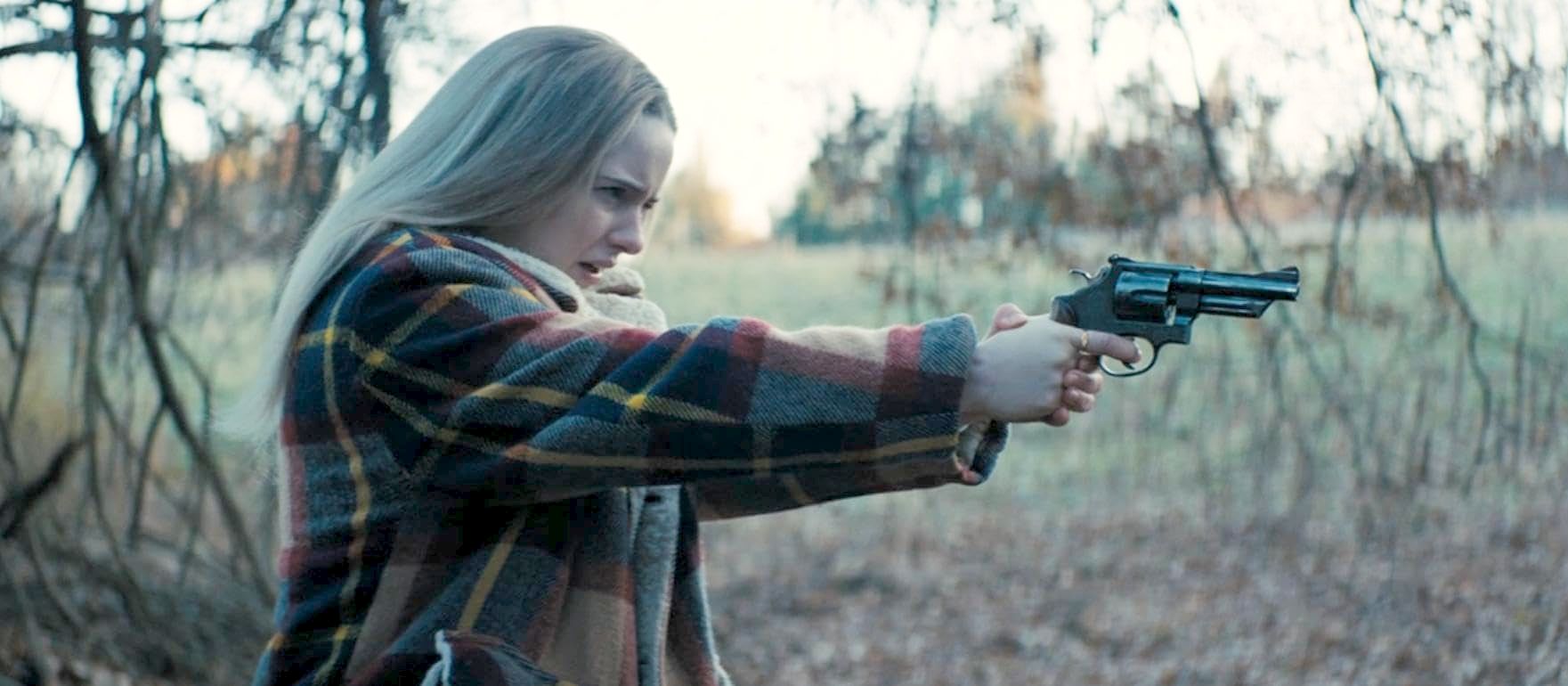 ★★★★
★★★★ Hearing that James Gunn, new head of the DC movie department at Warners, just recently announced David Corenswet and Rachel Brosnahan as the new actors to play Superman and Lois Lane in the next “Superman”-movie, I felt the need to find out more about these new actors. For Brosnahan I chose the movie I’m Your Woman, an Amazon Prime production from 2020. For one thing, she played the main role, and secondly a two-hour movie is much quicker to watch than a series like The Marvellous Mrs. Maisel. Sure, for that series she got two Golden Globes, one Emmy and two Screen Actors Guild Awards – but my time is a bit limited. Also, I prefer gangster movies over a dramedy show.
Hearing that James Gunn, new head of the DC movie department at Warners, just recently announced David Corenswet and Rachel Brosnahan as the new actors to play Superman and Lois Lane in the next “Superman”-movie, I felt the need to find out more about these new actors. For Brosnahan I chose the movie I’m Your Woman, an Amazon Prime production from 2020. For one thing, she played the main role, and secondly a two-hour movie is much quicker to watch than a series like The Marvellous Mrs. Maisel. Sure, for that series she got two Golden Globes, one Emmy and two Screen Actors Guild Awards – but my time is a bit limited. Also, I prefer gangster movies over a dramedy show. I think this makes it quite an unusual movie as – in contrast to many other movies – we are not immediately brought up to speed with an info-dump, so that we tie ourselves emotionally to Jean. As a result, the fear and tension she experiences are really palpable to us, too. We don’t know who Cal is and why he is helping her, or why people are after Jean. In my opinion, the movie is particularly successful in showing a female perspective, as part of something that would otherwise potentially have been just an ordinary gangster story. In the beginning, Jean does whatever she is told, while at the same time also trying her best to be a good mother to the little baby, even if her knowledge in this respect is also just rudimentary.
I think this makes it quite an unusual movie as – in contrast to many other movies – we are not immediately brought up to speed with an info-dump, so that we tie ourselves emotionally to Jean. As a result, the fear and tension she experiences are really palpable to us, too. We don’t know who Cal is and why he is helping her, or why people are after Jean. In my opinion, the movie is particularly successful in showing a female perspective, as part of something that would otherwise potentially have been just an ordinary gangster story. In the beginning, Jean does whatever she is told, while at the same time also trying her best to be a good mother to the little baby, even if her knowledge in this respect is also just rudimentary.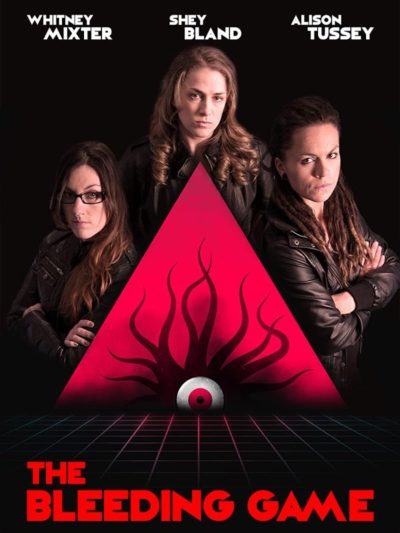 It is possible to do Lovecraft on a low-budget and make it work. Earlier this year, I was introduced to the delightful films of Lars Henriks, who did
It is possible to do Lovecraft on a low-budget and make it work. Earlier this year, I was introduced to the delightful films of Lars Henriks, who did 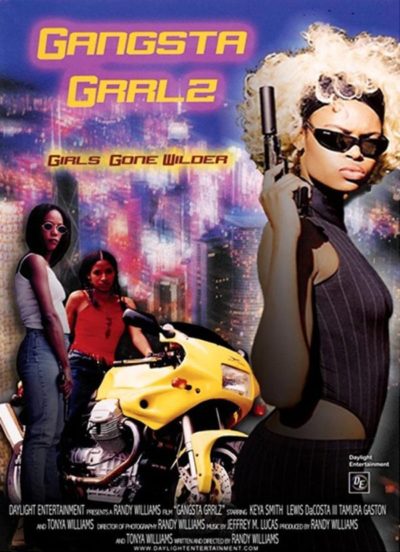 Not to be confused with the clearly different
Not to be confused with the clearly different 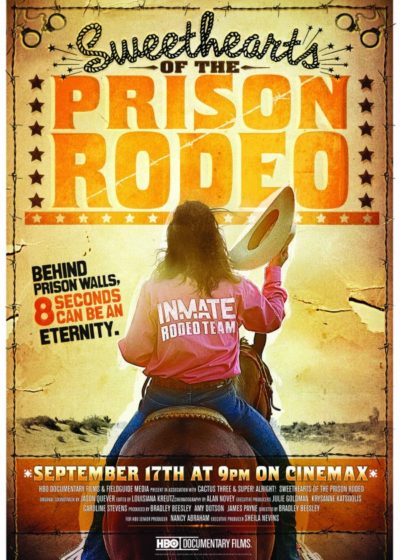 Well, this is certainly the first film I’ve reviewed here which drops both into the “women in prison”
Well, this is certainly the first film I’ve reviewed here which drops both into the “women in prison” 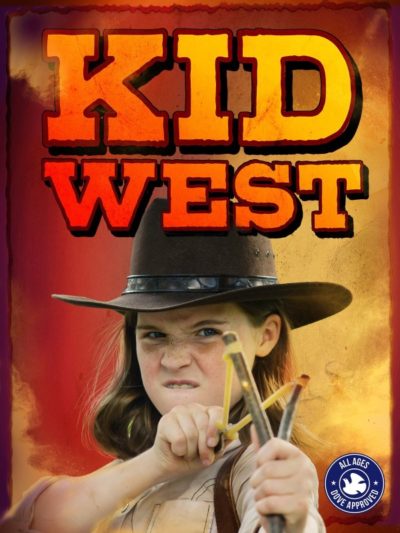 I’ve mentioned before the general lack of action-heroine films for the pre-teenage crowd:
I’ve mentioned before the general lack of action-heroine films for the pre-teenage crowd:  Twenty minutes into this, I was certain I had made a terrible mistake. These four young women were among the most grating and unpleasant characters I’d seen in a movie. I’m talking actively awful: crass, shallow and entitled. They head off to Thailand for a girls’ getaway on a private jet owned by the father of Diamond (Luss), a film producer. By the time they land, check out their mansion and enjoy the local sights, I was ready to set up the guillotines. Then there’s a luggage mix-up, leaving them with a large quantity of Thai cartel coke, and one of their number is kidnapped, in order to coerce them into returning the goods.
Twenty minutes into this, I was certain I had made a terrible mistake. These four young women were among the most grating and unpleasant characters I’d seen in a movie. I’m talking actively awful: crass, shallow and entitled. They head off to Thailand for a girls’ getaway on a private jet owned by the father of Diamond (Luss), a film producer. By the time they land, check out their mansion and enjoy the local sights, I was ready to set up the guillotines. Then there’s a luggage mix-up, leaving them with a large quantity of Thai cartel coke, and one of their number is kidnapped, in order to coerce them into returning the goods.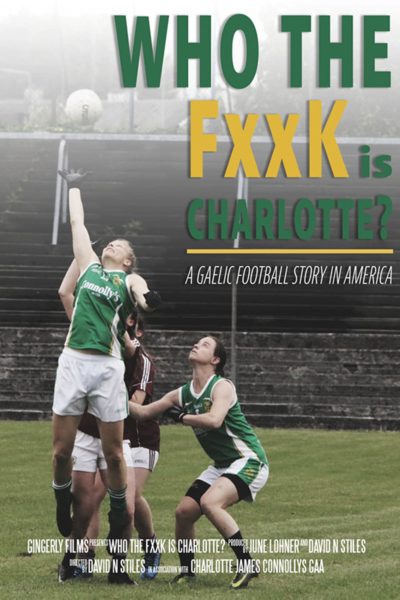 The Charlotte club was formed in 2000, and based on what we see here, is as much a social organization as a sports club. There does appear to be quite a lot of consumption of adult beverages. But there’s no doubt, they take the sport seriously, and recruit from all round the area, both Irish and American players. On North America, teams can bring in experienced players from Ireland, known as “sanctions”, to help grow the sport. But some clubs do that to excess: Charlotte refuse to go that route, putting their team at a potential disadvantage compared to Boston, or their arch-rivals from San Francisco, the Fog City Harps. The film follows Charlotte as they develop their team, and take part in the 2016 and 2017 senior women’s tournament, for the best sides in North America.
The Charlotte club was formed in 2000, and based on what we see here, is as much a social organization as a sports club. There does appear to be quite a lot of consumption of adult beverages. But there’s no doubt, they take the sport seriously, and recruit from all round the area, both Irish and American players. On North America, teams can bring in experienced players from Ireland, known as “sanctions”, to help grow the sport. But some clubs do that to excess: Charlotte refuse to go that route, putting their team at a potential disadvantage compared to Boston, or their arch-rivals from San Francisco, the Fog City Harps. The film follows Charlotte as they develop their team, and take part in the 2016 and 2017 senior women’s tournament, for the best sides in North America.